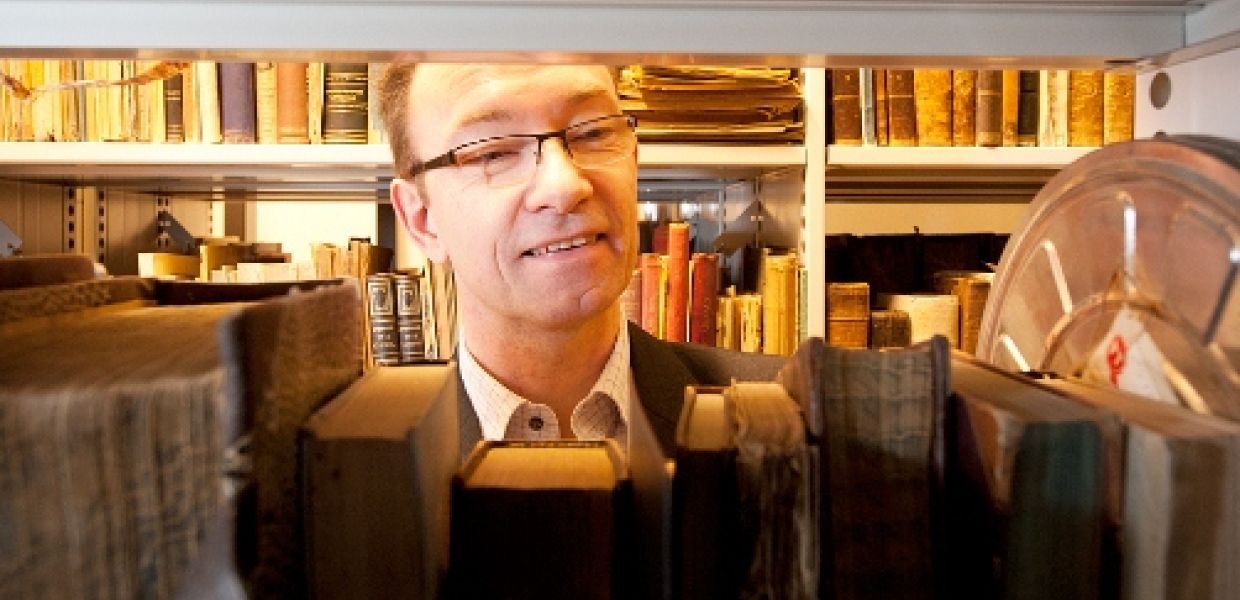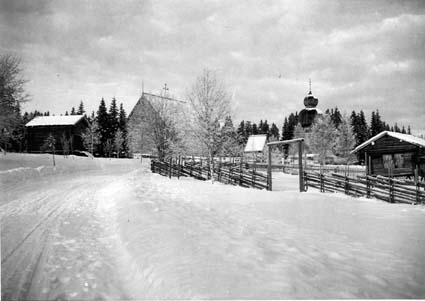Introducing Network Officer Bengt Wittgren

In the latest of our blogs introducing the Europeana Network Officers, we meet Bengt Wittgren of Sweden...

Bengt Wittgren
I am head of the Information Department and Deputy Director of Västernorrland County Museum - a regional museum in mid-Sweden. I have been in this role for 11 years but have worked at the museum since 1986, when I started as a curator in textile collections. Collections management and IT are my real areas of expertise in the museum.
As there is no permanent organisation dealing with collections management across Sweden, I joined the International Council of Museums’ committee for documentation (CIDOC) in about 1995. The international CIDOC meetings have grown over the years and it is now very much like a congress. When I joined, it was more like a tight international group working with tasks such as documentation standards and international recommendations. I think that the International Council of Museums' (ICOM) workgroups need to work like that too – maybe nowadays more than ever.
From 1998-2001, I worked with the Swedish Arts Council. When, in 1999, the European Commission asked the European National Ministries to establish a network to coordinate specific tasks in the area of museums and IT, the Arts Council was given the responsibility. I got the job of representing Sweden in a network called the European Museums Information Institute (EMII). We understood quite quickly that research and development took place in many countries but that not much of it was connected or re-used internationally. The idea with EMII was to avoid EU-financed projects inventing the same things as sister projects or previous projects had done. This is still an area that needs further work and I think the Europeana Network can be an important tool in this effort.
For a number of years, I have been studying for a PhD in museology and have now happily come to the end of that road. This spring, I will publish my thesis about catalogues in museums, archives and libraries. My viewpoint is that catalogues are the key and the only real key to collections. My goal is to explain the boundaries hidden in the catalogues. I describe the Swedish history of collections management, review what knowledge the catalogues actually store and what the professionals think the catalogues represent. From this research, it is clear that there are quite large differences between catalogues in museums, archives and libraries. Most of the differences are related to praxis (practices) and not to what you can see. I do not, however, offer the brilliant solution of a single cloud catalogue system for the whole of the museums, libraries and archives sector - I am not sure that is possible. Instead, the thesis offers facts about catalogue ‘macro metadata’ and about the relationships between the professions and the praxis. The thesis shows that the tacit knowledge in the praxis is, in some parts, possible to explain. This explanation is the result that I wanted and is one I am proud to introduce in my dissertation.
When not working or studying, I enjoy folk music and traditional dance. I am engaged in Scandinavian traditions and give classes in Swedish dance and music traditions in groups around Europe, USA and Japan.

'Friluftsmuseum' in Härnösand, where Bengt both works and lives. See this record in Europeana here.
I live in Härnösand, a small town in mid-Sweden, about 500km north of Stockholm and 1000km from the southern border of Sweden. My wife and our two boys like the differences between the winter with skiing, skating and all the snow and the bright summer nights - that is a quality of life we really enjoy.
As a Europeana Network Officer, my mission is to follow and support each sector's internal needs. I am convinced that the most important way of enriching museum content - especially in the Europeana context - is to jointly translate internationally accepted cataloging rules, which many countries do not have. And I think that the British SPECTRUM standard could be an important tool in this work.
I think of Europeana as an essential platform for cooperation in the area of digitisation and the only area in which both GLAMs and the media can collaborate and build long-term solutions on a European level. But the ideas and support from content holders are vital. I am your voice – use me!
You can reach me by email: bengt.wittgren [at] murberget.se, on Twitter: @bwittgren and on LinkedIn.
